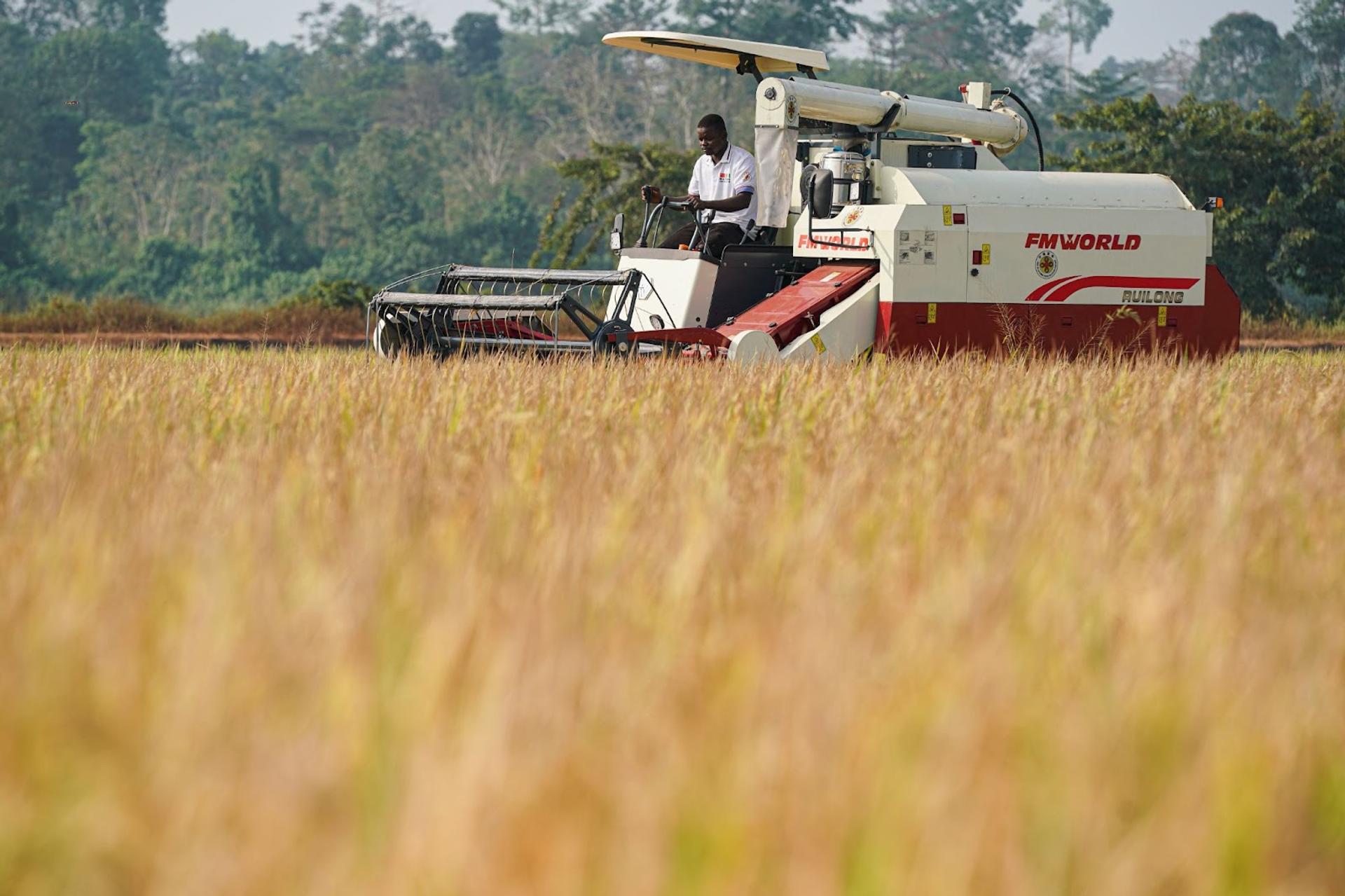The News
Policymakers and donors should aim to significantly increase investment in agricultural research and development in Africa, as well as advisory services for farmers, to develop new crop varieties and boost production, a new study by an environmentalist research body suggests.
Cereal crop yields in Africa are the lowest in the world. The study by the nonprofit Breakthrough Institute, based in California, notes that public agricultural R&D spending in sub-Saharan Africa continues to lag behind most of the rest of the world. At least 20 African governments spend so little on their national agricultural research and extension systems (NARES) that they are effectively defunct, according to the African Union (AU).
The study cites Ethiopia as evidence of the potential impact of higher spending on these systems. The East African country tripled its expenditure on public agricultural research between 2000 and 2015. It also grew the number of extension officers, who offer advisory services to farmers, and accounted for half of all agricultural extension workers in sub-Saharan Africa as of 2018. Ethiopia subsequently achieved the highest rate of agricultural growth of any country in sub-Saharan Africa since 2000 according to the UN’s food and agriculture body.
One of the report’s authors, researcher Emma Kovak, told Semafor Africa that it was important to undertake research and develop new crop varieties but also ensure farmers are supported to plant them. “There’s many stories of improved varieties that could make a difference but never got to farmers,” said Kovak. “Without sustainable on-the-ground support these strains don’t get to farmers’ fields.”
In this article:
Know More
Farmers in Rwanda have better access to advisory services compared to other African countries, followed by Ethiopia, Zimbabwe, and Burkina Faso, the study found. Africa’s largest economy, Nigeria, had the lowest score, with only one advisory agent per 7,500 farmers.
Many African countries lack adequate qualified scientists to staff their national agricultural research systems, argued the study’s authors. Nigeria, Ghana and Ethiopia were, however, credited with making “much progress” in developing the human capital required to strengthen their agricultural research programs.
Martin’s view
The potential of research to transform African agriculture is indeed understated. Take the case of Dr. Gebisa Ejeta, the Ethiopian-born scientist who was in October last year awarded the medal of honor by U.S President Joe Biden. He is credited with effectively feeding millions in Africa by developing strains of sorghum that are resistant to both drought and the parasitic weed Striga, which is responsible for more than 50% cereal yield losses in sub-Saharan Africa. His work also contributed to the development of Sudan’s commercial sorghum seed industry.
Venture capitalists invested $3.2 million in farm management software & sensing internet of things (IoT) in Africa in 2022, according to the Africa AgriFoodTech Investment report by AgFunder. It’s a paltry figure compared to other sectors such as fintech, but an improvement from just $335,000 raised the previous year.
Investment in agricultural research and development should be a top priority and policy objective for African governments. Besides improving agricultural productivity, this is especially important as Africa is especially vulnerable to the negative impacts of climate change.
More tech innovation and investment can also help farmers access the information and tools they need. Kovak said that tech and the internet had helped bridge the gap when it came to extension services, and offered more opportunities to do so.
The View From Uganda
The Entebbe-headquartered Association for Strengthening Agricultural Research in Eastern and Central Africa (ASARECA) counts 15 African countries among its members. Julian Barungi, the association’s program officer in charge of policy, said in September that they were developing a policy index tool to track the implementation of policies that affect agricultural research for development, and support policy analysis in member countries.
“We have seen that usually the problem is with the implementation. So we want to make a contribution towards improving the implementation of agricultural policies,” Barungi said.
